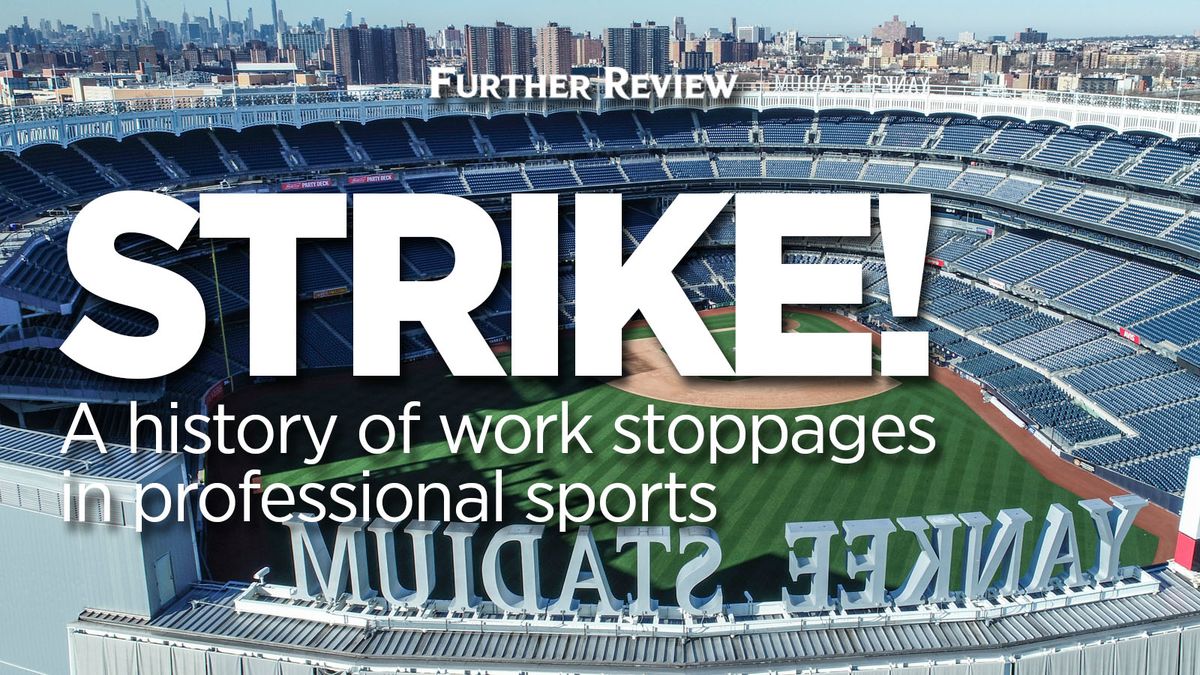
By Charles Apple
The Spokesman-Review
When it comes to what they hate, sports fans have a number of things in common: inflated ticket and concession prices; star athletes who use performance-enhancing drugs; Skip Bayless.
Also high on that list would be strikes and lockouts — both of which remind us professional sports aren’t about championships and they aren’t about the fans. They are about money.
There have been 20 labor-related work stoppages in the history of America’s four primary professional sports leagues ...
KEY:
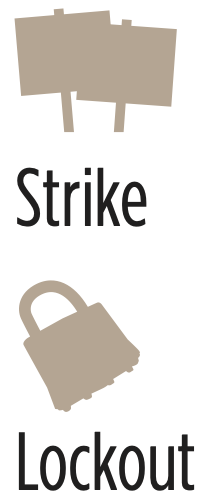
1968
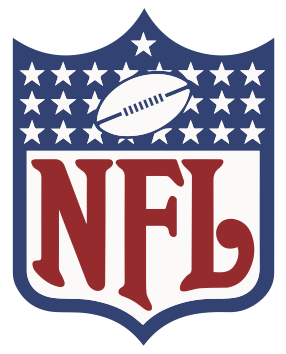

![]()
Issue: Pensions
NFL Players Association voted to strike. NFL countered with a lockout during training camp.
1970


![]()
Issue: Collective bargaining agreement expired
Veteran players were locked out of training camp. Players then voted to strike.
1972
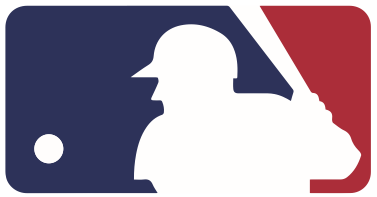

![]()
Issue: Player pensions and binding arbitration
Players won the right to salary arbitration.
1973


![]()
Issue: Binding arbitration
1974


![]()
Issue: Collective bargaining agreement expired
Players eventually reported to training camp without an agreement.
1976


![]()
Issue: Free agency and the re-entry draft
1981


![]()
Issue: Compensation for losing free agents
1982


![]()
Issue: Revenue sharing
Players won increases in minimum salary worth nearly $2 billion.
1985


![]()
Issue: Pension plans and binding arbitration
1987


![]()
Issue: Free agency
NFL responded to a strike by staging games with “replacement players.”
1990


![]()
Issue: Revenue sharing, arbitration and a salary cap.
1992
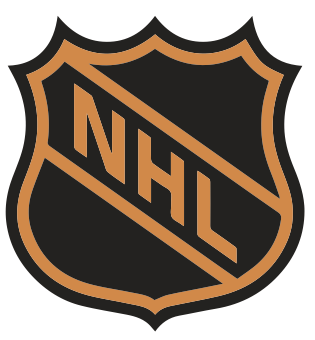

![]()
Issue: Collective bargaining
1994-95


![]()
Issue: Salary cap
Total of 938 games were canceled, including the playoffs and World Series.
FIRST YEAR SINCE 1903 WITH NO WORLD SERIES
Baseball owners proposed a new plan to share broadcast revenues — in hopes of helping teams in smaller markets — but also insisted on a salary cap.
Players, distrustful after a series of anti-collusion rulings by arbitrators that resulted in a $280 million settlement, rejected the salary cap and the elimination of arbitration.
Months of talks resulted in no movement by either side. On Aug. 12, 1994, the players walked out.
Acting commissioner Bud Selig canceled the remainder of the season on Sept. 14, including the playoffs and World Series. It was the first year since 1903 with no World Series.
By January 1995, Congress had proposed laws ordering an end to the strike. Owners moved to break the strike by hiring replacement players.
With Opening Day looming, the players’ union agreed to return to work if the courts supported an unfair labor practices complaint against the owners. U.S. District Court judge Sonia Sotomayor — who would later be named to the Supreme Court — ruled against the owners on March 31.
The 1995 season opened three weeks behind schedule, 25 years ago Saturday. Teams lost about $1 billion in revenue and MLB attendance would suffer for much of the next decade.
1994-95


![]()
Issue: Collective bargaining
Owners proposed a “payroll tax” to subsidize teams in weaker markets. Players wanted revenue sharing by owners instead. Players won, but some issues would come up again, 10 years later.
1995
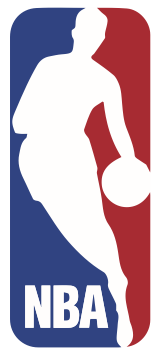

![]()
Issue: Salaries
The union reached a deal with the NBA, but players rejected it, saying their concerns were not fairly represented. The NBA’s first lockout occurred in the offseason, so no actual games were affected.
1998-99


![]()
Issue: Collective bargaining
Team owners reopened the 1995 collective bargaining agreement.
2004-05


![]()
Issue: Salary caps: The league was paying 76% of its revenues to players.
The first time an entire professional season had been canceled.
2011
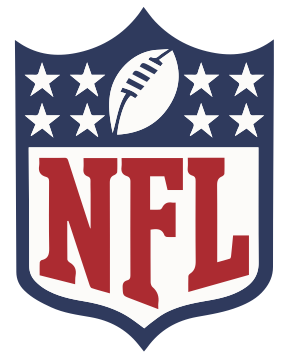

![]()
Issue: Collective bargaining
Lockout after players decertified their union and filed a class-action antitrust lawsuit against the NFL.
2011-12


![]()
Issue: Collective bargaining
Lockout ended when players and owners agreed on a 10-year collective bargaining deal.
2012
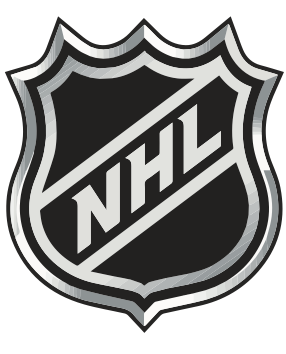

![]()
Issue: Salary caps yet again
Owners wanted to lower players’ share of growing league revenues from 57 to 46%.